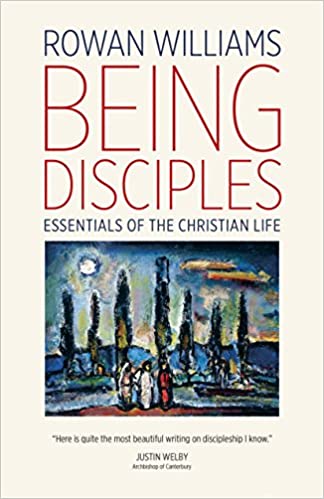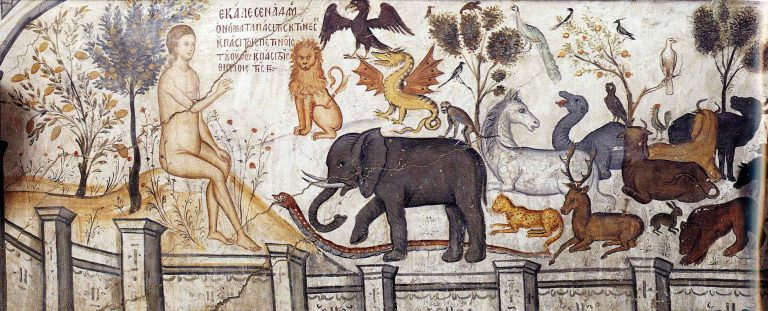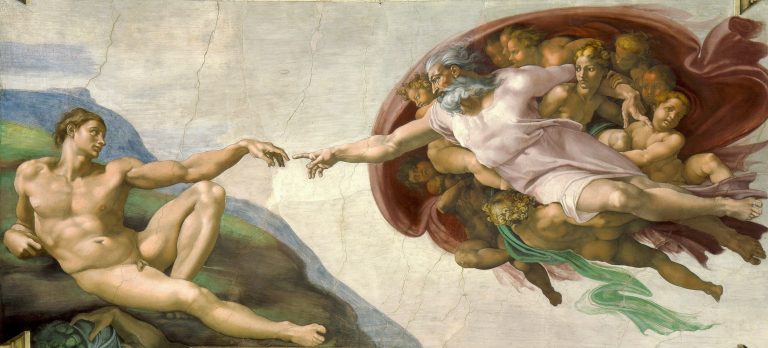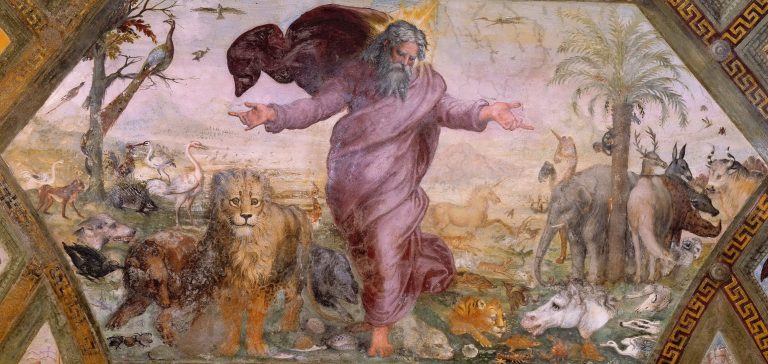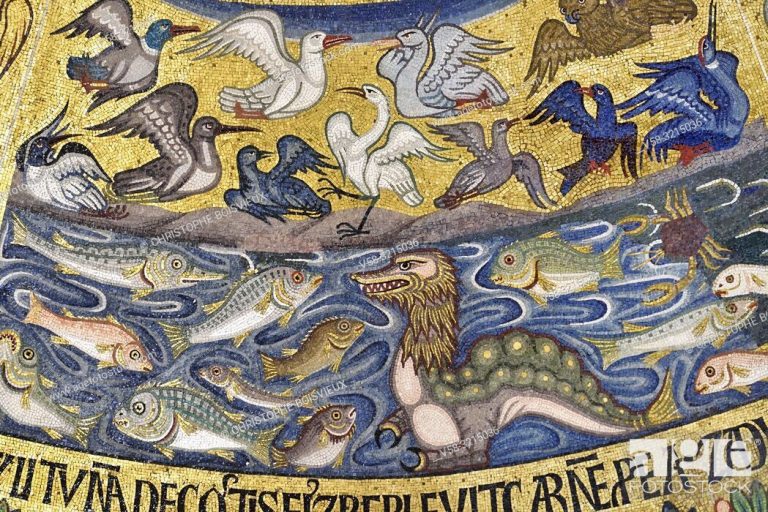
Ancient Anglican
A Modern Perspective on Early Christian Thought.
New on the Blog
Being Disciples – Week 2(b) – Faith, Hope, and Love
Being Disciples – Week 2(a) – Faith, Hope, and Love
This Tuesday we will be discussing chapter 2 – “Faith, Hope, and Love” – of Archbishop Rowan Williams’ book Being Disciples: Essentials of the Christian Life. The journey of a disciple begins with the three great theological virtues of Faith, Hope, and Love. It is these virtues which are given to us by the grace of God, define our ideal relationship to God, and ultimately allow us to be joined to God. As you prepare for this week’s…
Being Disciples – Week 1(b) – Being Disciples
I am excited to begin our Lenten study tonight of Rowan Williams’ book: Being Disciples – Essentials of the Christian Life. Tonight we will look at Chapter 1- Being Disciples where Dr. Williams give us a brief overview of what it means to be a disciple of Jesus. One of the overall ideas of the chapter is that being a disciple is a continuous state of being in the presence of Jesus and of following him….
Being Disciples – Week 1(a) – Being Disciples
This week we are beginning our Lenten Study of Archbishop Rowan Williams’ book Being Disciples – Essentials of the Christian Life. The book presents us with a series of short reflections calling us to the holy state of living into the discipleship of Jesus Christ. I would love for you to accompany us on this Lenten journey. This week, please read and reflect on Chapter 1 – Being Disciples. In Chapter 1, Williams writes generally about…

